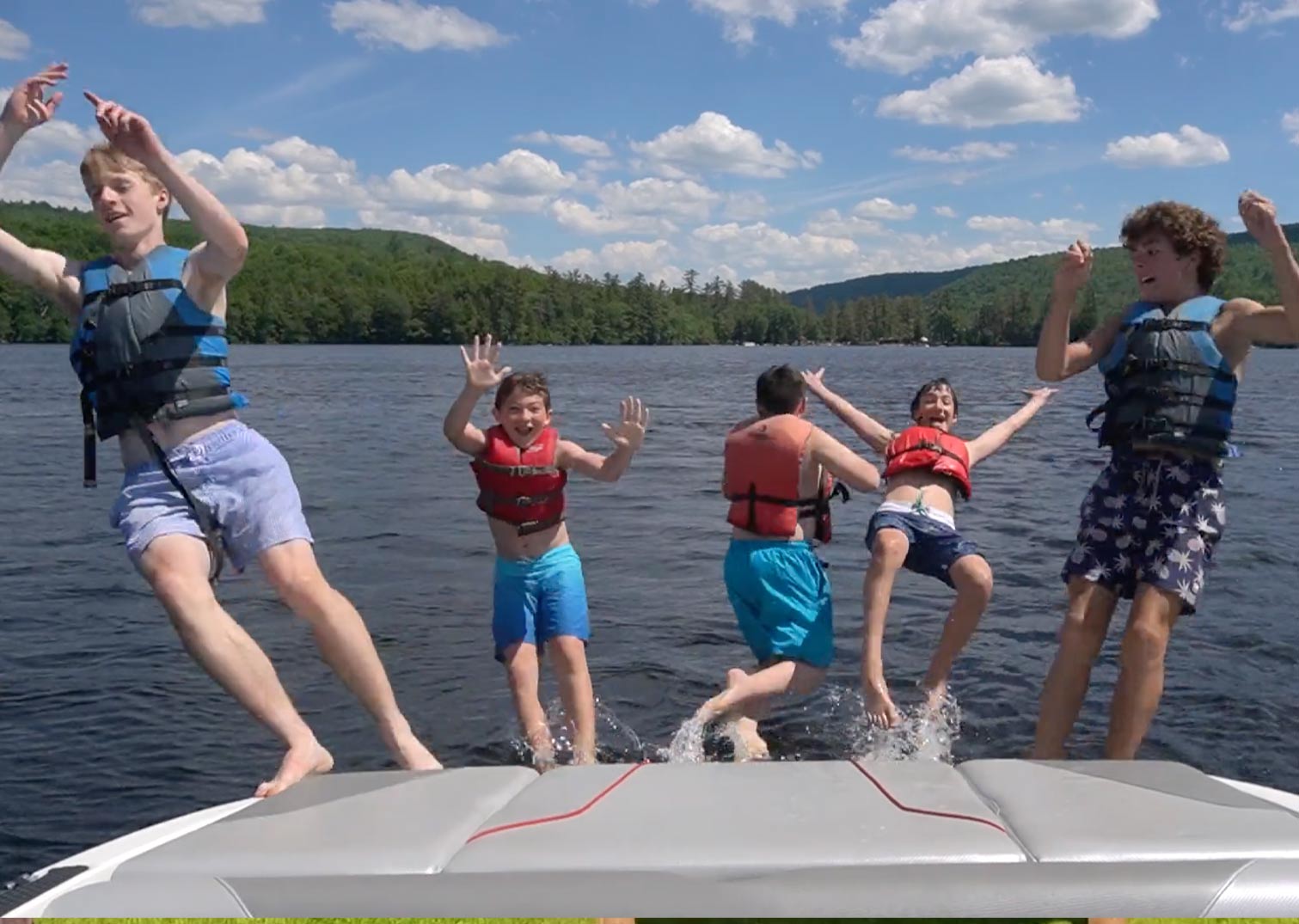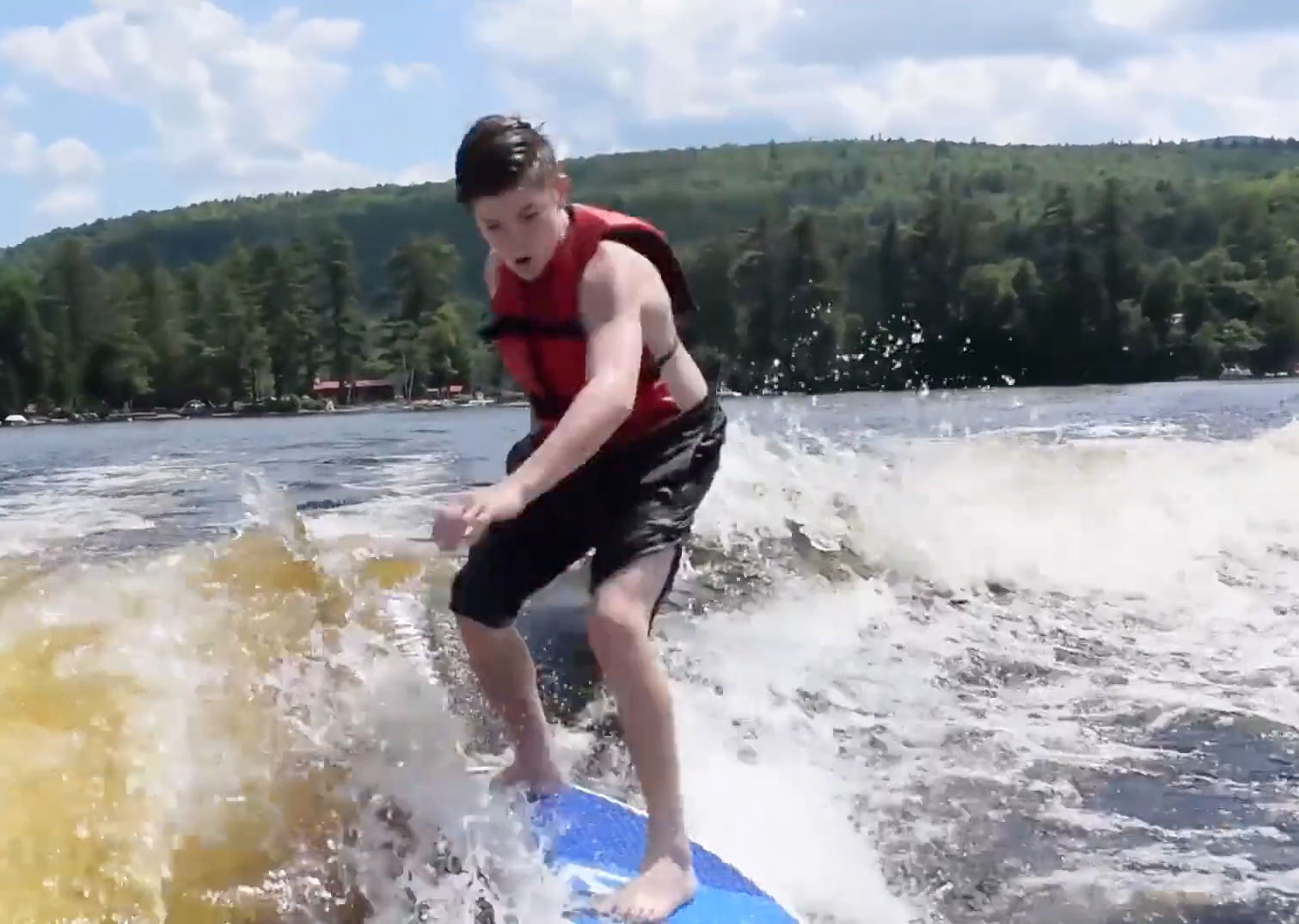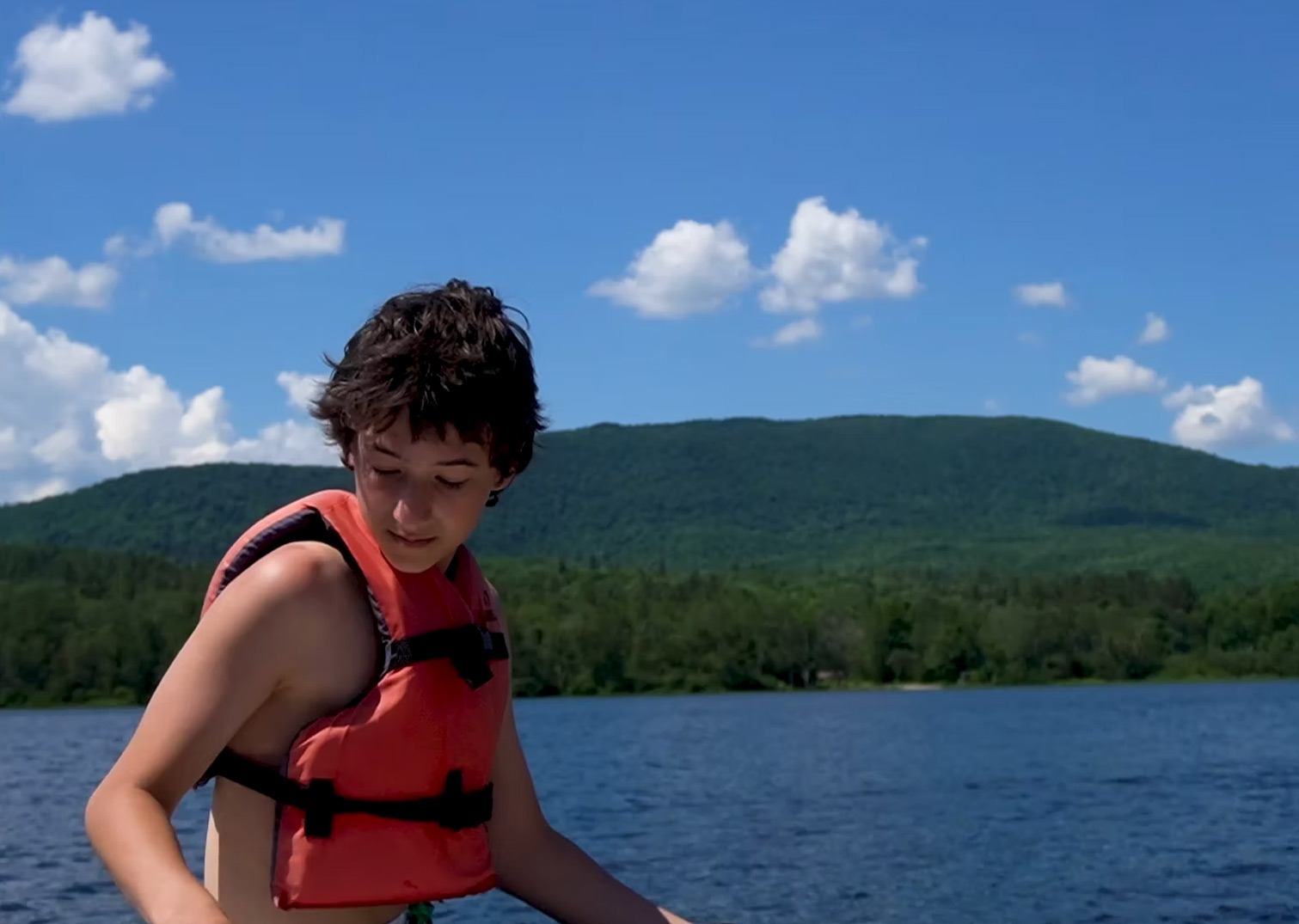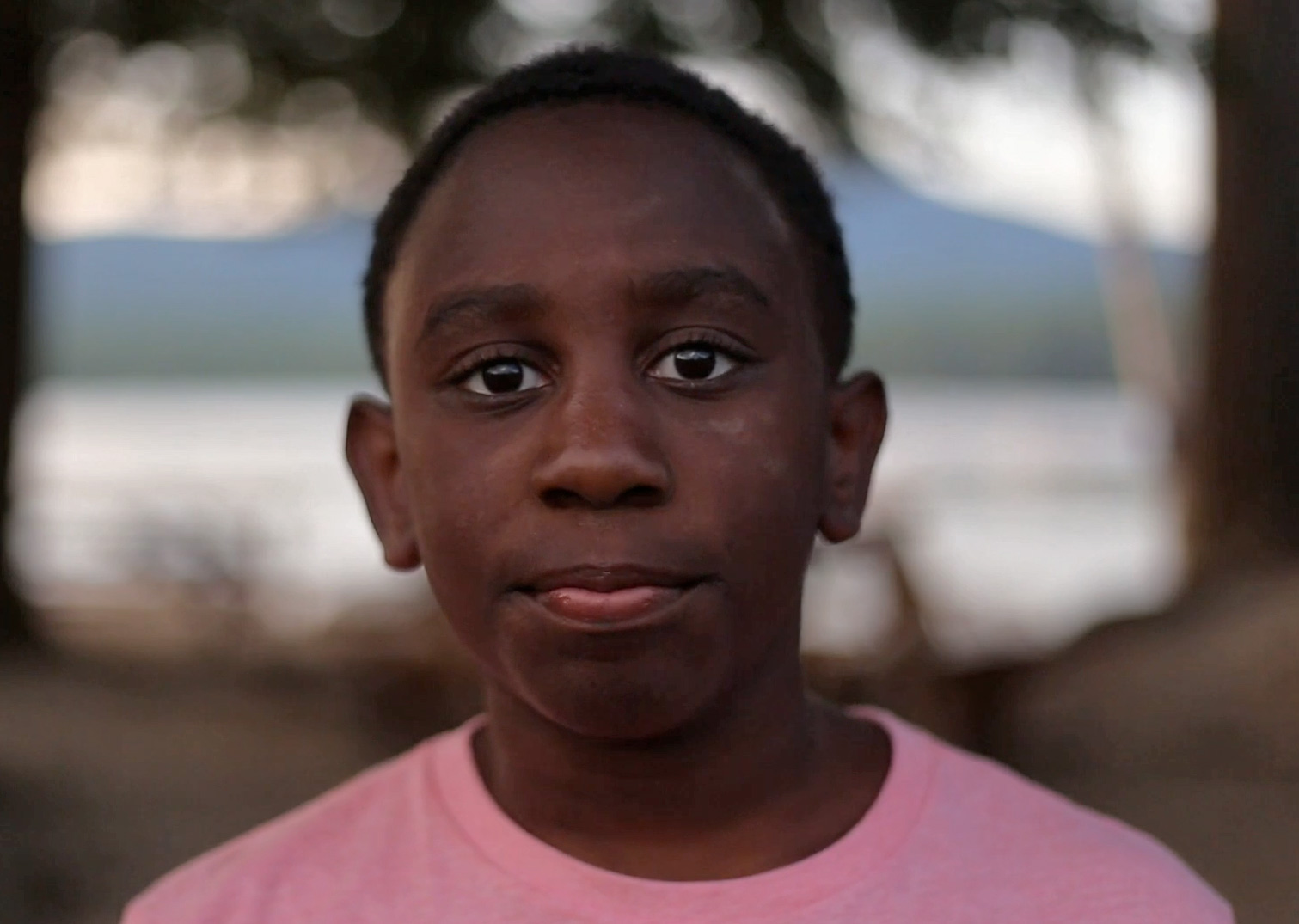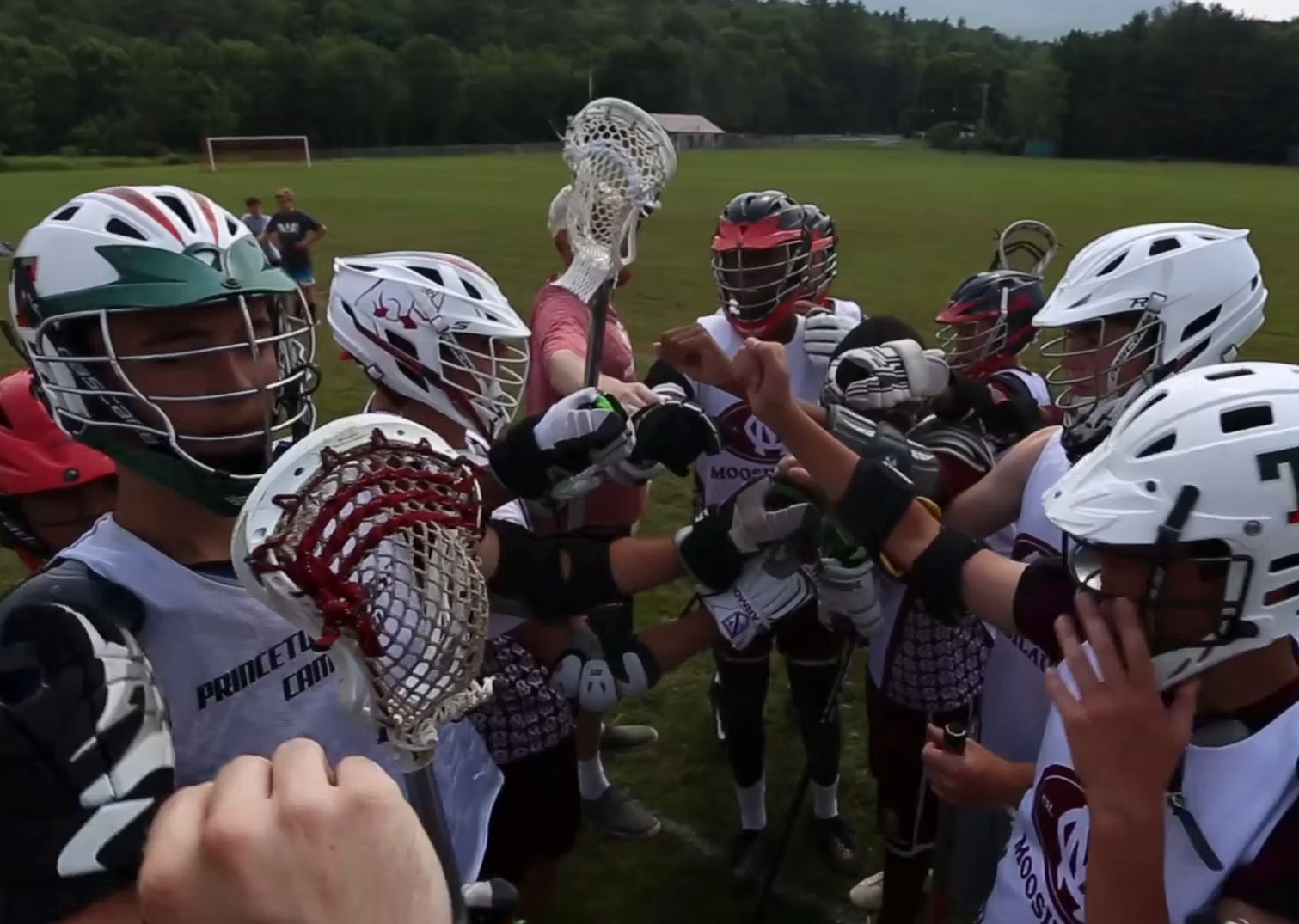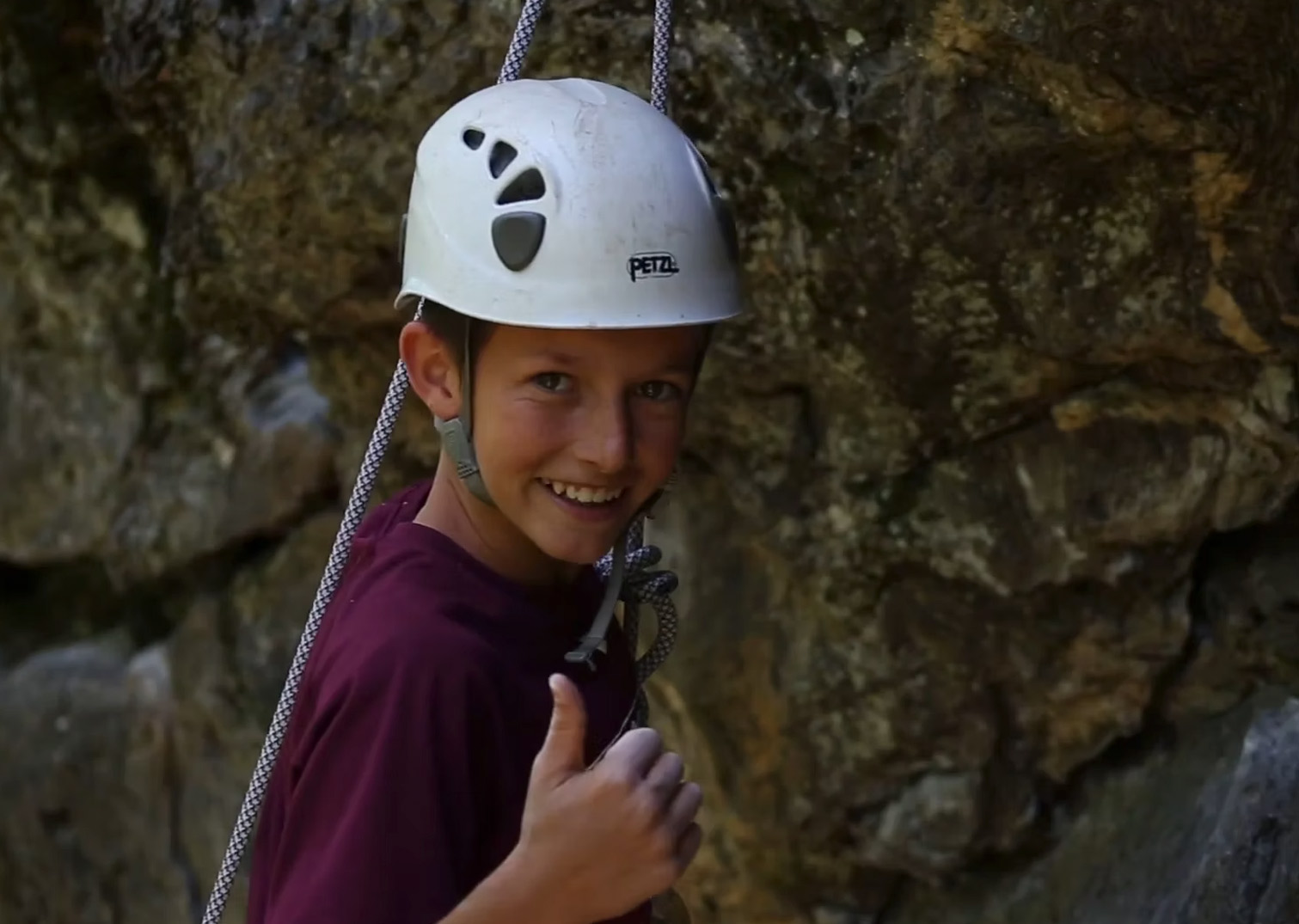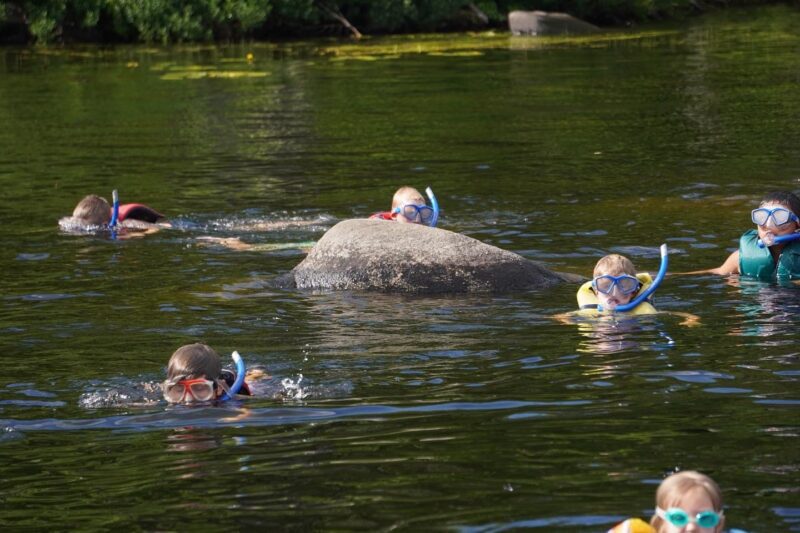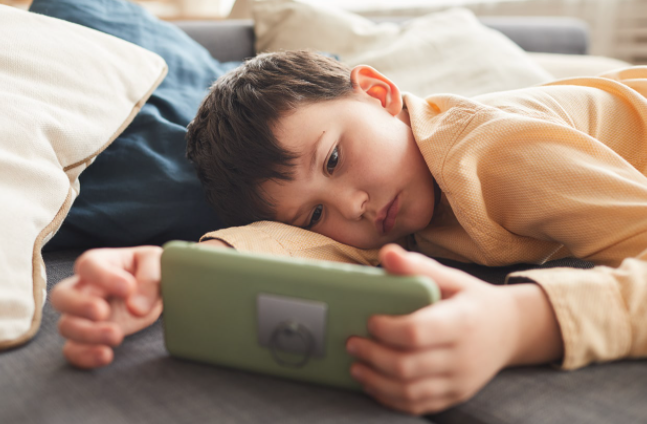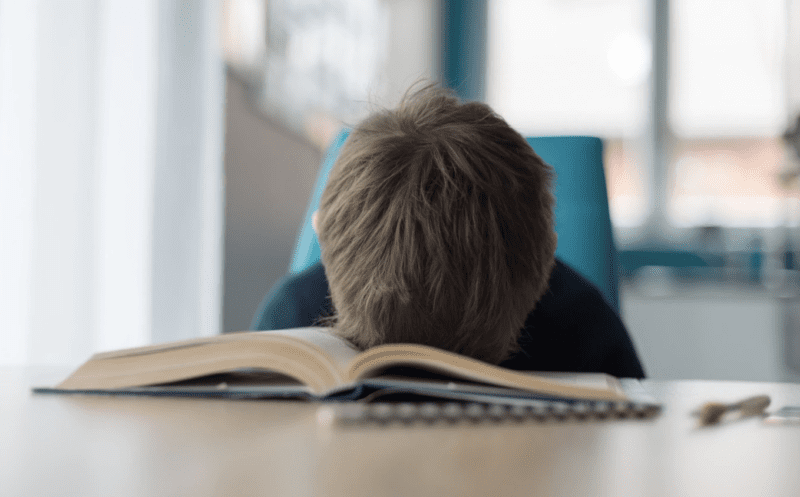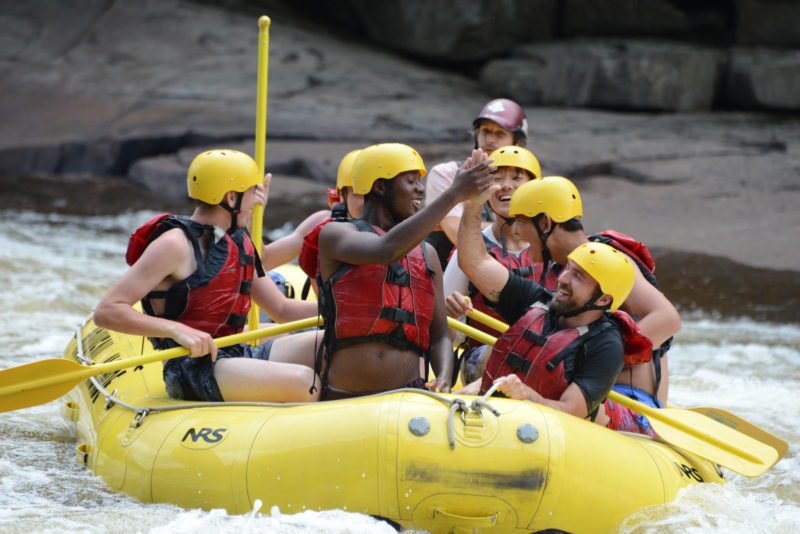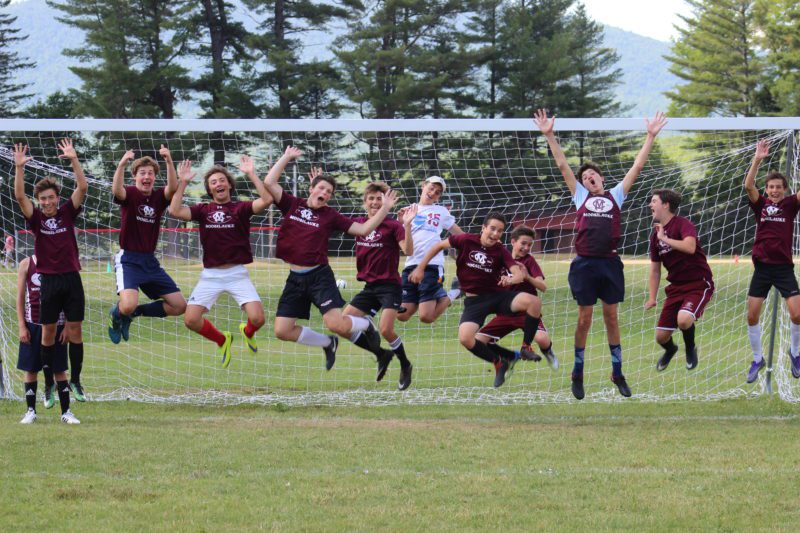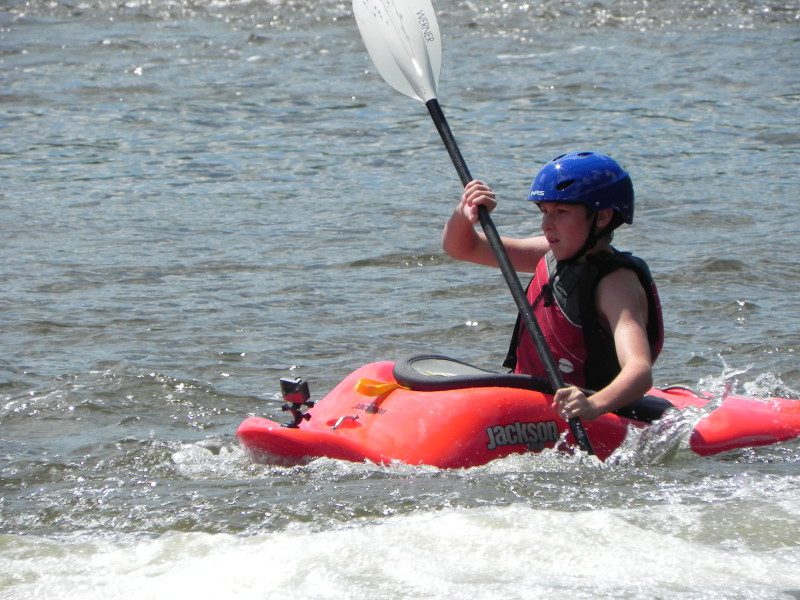The More Parents Help, the More They Can Hurt
Letting go and not being in control is not easy – but it is the right thing when you have a partner like Moosilauke.
The More Parents Help, the More They Can Hurt
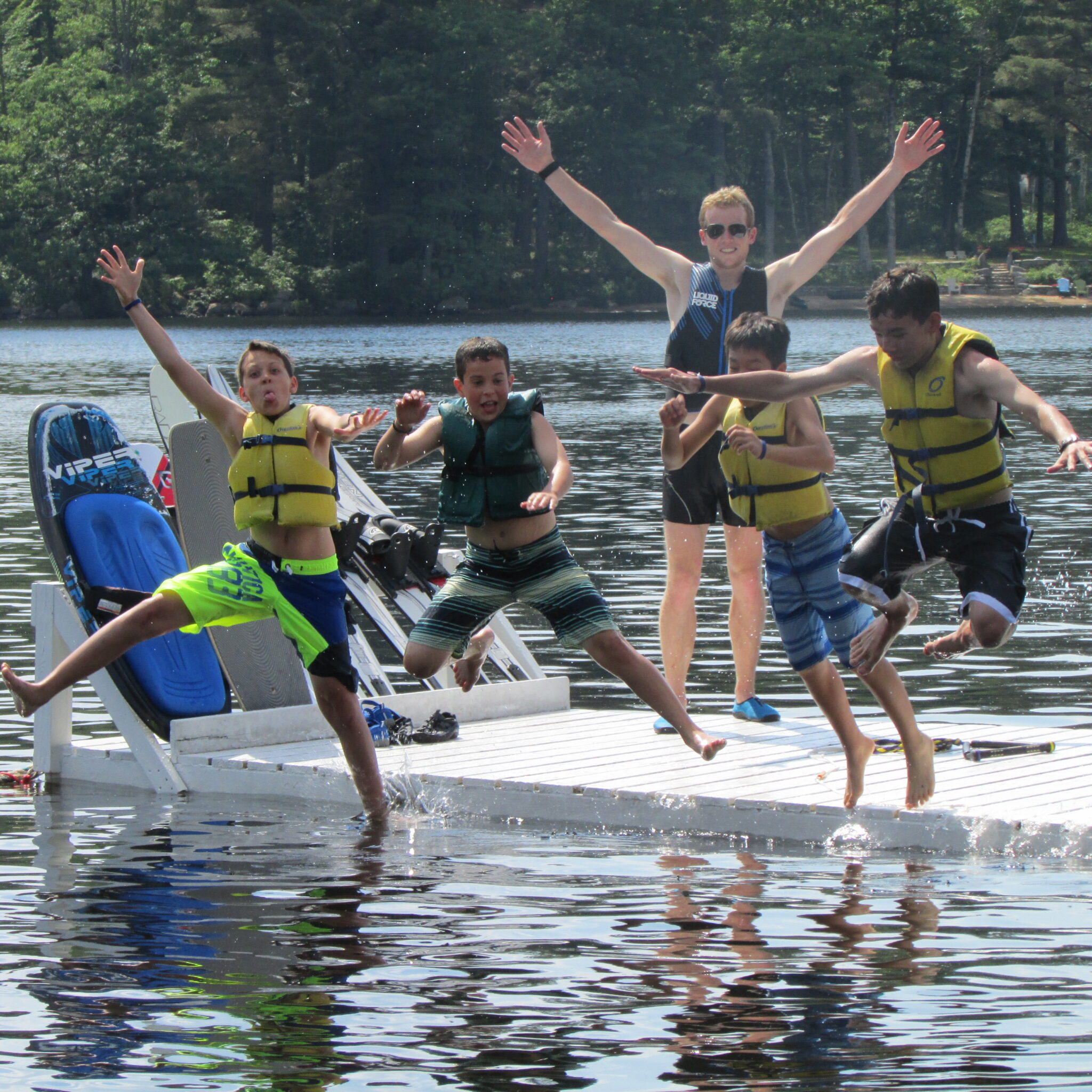
Letting go and not being in control is not easy – but it is the right thing when you have a partner like Moosilauke.
By Bill McMahon, Co-Director
“How to Raise an Adult: Break Free of the Overparenting Trap and Prepare Your Kid for Success” is a book that has received significant press and attention, in part, because the author–Julie Lythcott-Haims–was the dean of freshmen at Stanford.
Here is the book’s thesis in a nutshell: our young adults today are not happy, healthy, or resilient; this is especially true of the elite achievers at hyper-selective schools; at the root of the dysfunction is over-parenting; and the solution, as the New York Times pointed out “reads like a page straight out of a ’70s-era parenting playbook.”
The book’s case for change is compelling. In a 2013 survey of 100,000 college students at 153 schools, 84% of the respondents indicated they felt “overwhelmed,” 53% felt “overwhelming anxiety,” and 32% felt “so depressed that it was difficult to function.” A 2013 survey of college counseling center directors found that 24% of their student clients were taking some form of psychotropic drugs.
Through examples of students at Stanford, she also lays bare that college students lack basic life skills related to talking to strangers, managing commitments, and handling the basic ups-and-downs of life. In summary, she writes that young people today lack self-efficacy, defined as “having the belief in your abilities to complete a task, reach goals, and manage a situation. It means believing in your abilities— not in your parents’ abilities to help you do those things or to do them for you.”
For many readers, what makes all this even more compelling is that the author believes the highest achieving students—the ones with straight As, perfect SAT scores, and acceptances at the most elite schools—are many times the most dysfunctional and unhappy.
The author rightly points out that over-parenting is not a totally new phenomenon: “Of course, boomers weren’t the first parents in history to hover over their kids like helicopters— in 1899, General Douglas MacArthur’s mother apparently moved to West Point with him and lived in a suite at Craney’s Hotel overlooking the Academy, where she could watch him by telescope to see if he was studying.” But the author does emphasize that the new wave of over-parenting, which entails moms and dads doing everything for their kids and trying to keep them immune from any failure, has reached epic proportions. She is in total agreement with Madeline Levine’s statement that “the greatest harm lurking in the lives of our kids is not the rare occurrence of the perverted stranger on the street but the declining mental health and wellness of children whose parents do too much for them.”
Lythcott-Haims’ guidelines for parents are simple and based on common sense: accept that your child’s success is not about you; know when to push and when to pull back; help them find mentors; prepare them for hard work; don’t do too much for them; give them unstructured time; teach life skills; and normalize struggle. In summary, help create “wild flowers, not bonsai trees.”
I can’t help but be struck by how a great overnight summer camp experience meshes perfectly with what kids need and parents should provide. At Moosilauke, all campers will walk away from their experience having achieved the following–even the 8-year-olds!
Compare this list with Lythcott-Haims’ summary of what she believes 18-year-olds should be able to do before they go to college and you will see they are not that different! Given all this, Moose parents should be very proud of themselves. Letting go and not being in control is not easy–but it is the right thing when you have a partner like Moosilauke.


